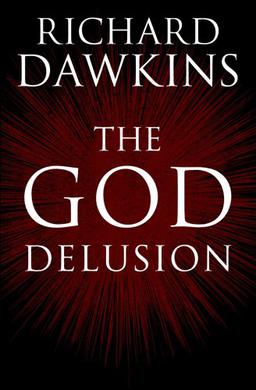Richard Dawkins, one of the leaders of the non-believer community, recently noted that no one can be 100 per cent certain that god does not exist. Does that make Dawkins agnostic?
According to Practical Doubt, "In truth, agnosticism and gnosticism refer to a person’s knowledge, while theism and atheism both refer to the state of one’s beliefs. With this in mind, there are four options:
- agnostic atheism ('I don’t believe in gods, but I could be wrong')
- gnostic atheism ('I don’t believe in gods, and I KNOW I’m right')
- agnostic theism ('I believe in gods/god, but I could be wrong')
- gnostic theist ('I believe in gods/god and KNOW I’m right')"
The fundamental difference between science and religion is that science is ever-changing and religion is in concrete. Many religious people are gnostic: there beliefs are in stone and they don't want to be confused with new facts.
Scientists, on the other hand, know what is true today may be disproven tomorrow. Our staff reads Science Daily and we are overwhelmed by the new discoveries that occur every day in astronomy and micro-biology, just to name two dynamic disciplines.
For example, today we read that the first cattle were domesticated 10,500 years ago in Iran. We also read about quantum computing inside of a diamond.
We agree with Practical Doubt. All atheists are either gnostic or agnostic. A gnostic atheist would have to have special knowledge or proof that god doe not exist, an impossible task.
source: http://practicaldoubt.com/2012/03/10/agnostics-are-not-real/
Subscribe to the Rightardia feed: http://feeds.feedburner.com/blogspot/UFPYA

Rightardia by Rightard Whitey of Rightardia is licensed under a Creative Commons Attribution 3.0 Unported License.
Permissions beyond the scope of this license may be available at rightardia@gmail.com.

No comments:
Post a Comment